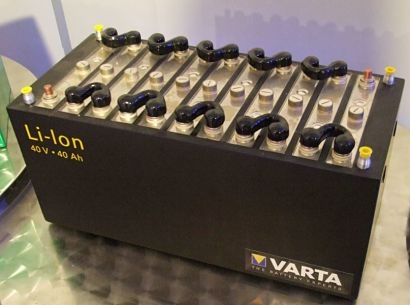
Farasis specialises in high-performance lithium-ion batteries and has notable partnerships with automotive OEMs Daimler and Geely.
In the latest milestone for EV performance, Group14 and Farasis have announced the first silicon-based anode for an EV-scale battery with 25 percent greater energy density than other such batteries available on the market today.
In cells built and tested by Farasis utilizing Group14's flagship silicon-carbon anode material SCC55, the company has achieved an increase in energy density that would enable them to reach 330 Wh/kg in typical automotive cells with more than 1000 charge-discharge cycles. The battery EV cell will have a volumetric energy density of 750 Wh/l.
Compared to typical automotive EV batteries on the market today with energy density in the range of 260 Wh/kg, a Farasis Energy automotive battery powered with SCC55 could increase EV range significantly without compromising cycle life standards set by high-quality graphites and synthetic graphites.
“Traditional BEV lithium-ion batteries using graphite for anode materials typically can approach 260 Wh/kg energy density, so this performance boost over traditional lithium-ion batteries represents a real breakthrough for EV applications” said Dr. Keith Kepler, CTO of Farasis Energy.
Dr. Rick Costantino, CTO of Group14 Technologies, added that the results with Farasis demonstrate that SCC55 has the potential to meaningfully impact the performance of batteries for automotive applications and that this is a significant milestone in the company’s goal to enable EVs to achieve true cost-parity with internal combustion engines.
For additional information:

